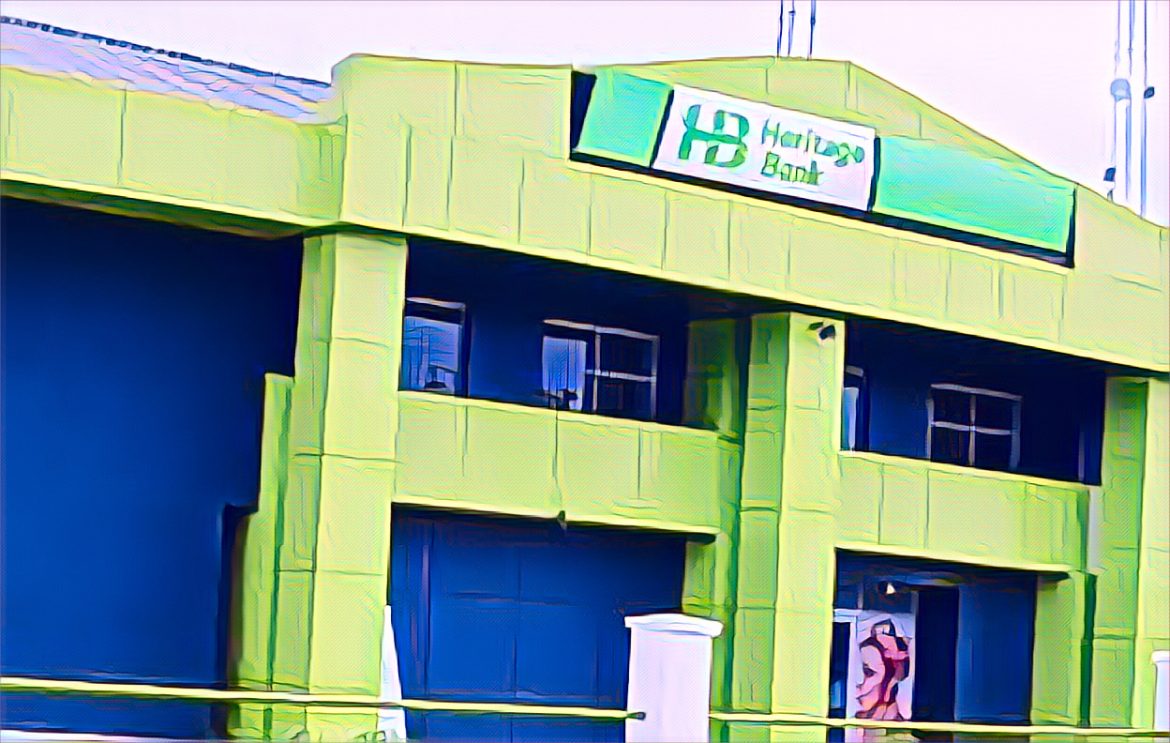Nigeria’s House of Representatives has ignited a firestorm of scrutiny following the recent collapse of Heritage Bank Plc. Lawmakers are demanding a thorough investigation into the Central Bank of Nigeria’s (CBN) handling of the situation, with concerns mounting over depositor compensation and potential regulatory failings.
The crisis erupted on June 3rd, 2024, when the CBN revoked Heritage Bank’s operating license, citing the bank’s non-compliance with best practices. This move triggered panic among depositors, many of whom rushed to withdraw their savings. The Nigerian Deposit Insurance Corporation (NDIC) swiftly stepped in, initiating the bank’s liquidation process.
In response, the House passed a motion urging the CBN to conduct a comprehensive investigation into Heritage Bank’s leadership and management. The primary objective is to identify any potential mismanagement or wrongdoing that may have contributed to the bank’s downfall. This investigation will serve as a crucial step towards understanding the root causes of the collapse and preventing similar occurrences in the future.
Focus on Depositors
The fate of depositors’ funds remains a central concern for the House. While the NDIC insures deposits up to N5 million ($13,600 USD), reports indicate that some depositors entrusted Heritage Bank with significantly larger sums. This disparity has caused significant financial hardship for these individuals, raising questions about the adequacy of current deposit protection measures.
The House is urging the Nigerian government to prioritize the establishment of a more robust deposit protection fund. Such a fund would provide a vital safety net for depositors in the event of bank failures, ensuring faster and fairer compensation. This initiative would go a long way in restoring public confidence in the banking system.
Transparency Concerns Cloud CBN’s Actions
Lawmakers have also cast doubt on the CBN’s transparency in handling Heritage Bank’s financial struggles. The House motion criticizes the apex bank for failing to disclose the bank’s deteriorating financial health sooner. This lack of transparency, according to the House, has severely eroded public trust in both the banking system and regulatory bodies.
Furthermore, some legislators allege that the CBN might have been aware of Heritage Bank’s problems for some time but failed to take appropriate corrective measures. This raises serious questions about the effectiveness of current regulatory oversight mechanisms. The House believes a thorough review of these mechanisms is essential to prevent similar situations in the future and to ensure that depositors are adequately protected.
Public Awareness Campaigns on the Horizon
The House Banking Regulations Committee is taking additional steps to educate Nigerians about the inherent risks associated with banking. Public awareness campaigns are planned to inform citizens about these risks and the importance of diversifying their financial holdings. This initiative aims to empower Nigerians to make informed financial decisions and protect themselves from potential pitfalls.
The coming weeks will be crucial as the House investigation into Heritage Bank’s collapse unfolds. The findings of this investigation, coupled with the proposed review of regulatory oversight, could lead to significant reforms within Nigeria’s banking sector. The ultimate goal is to create a more robust and transparent financial system that prioritizes depositor protection and fosters public confidence.
Source: Punch


